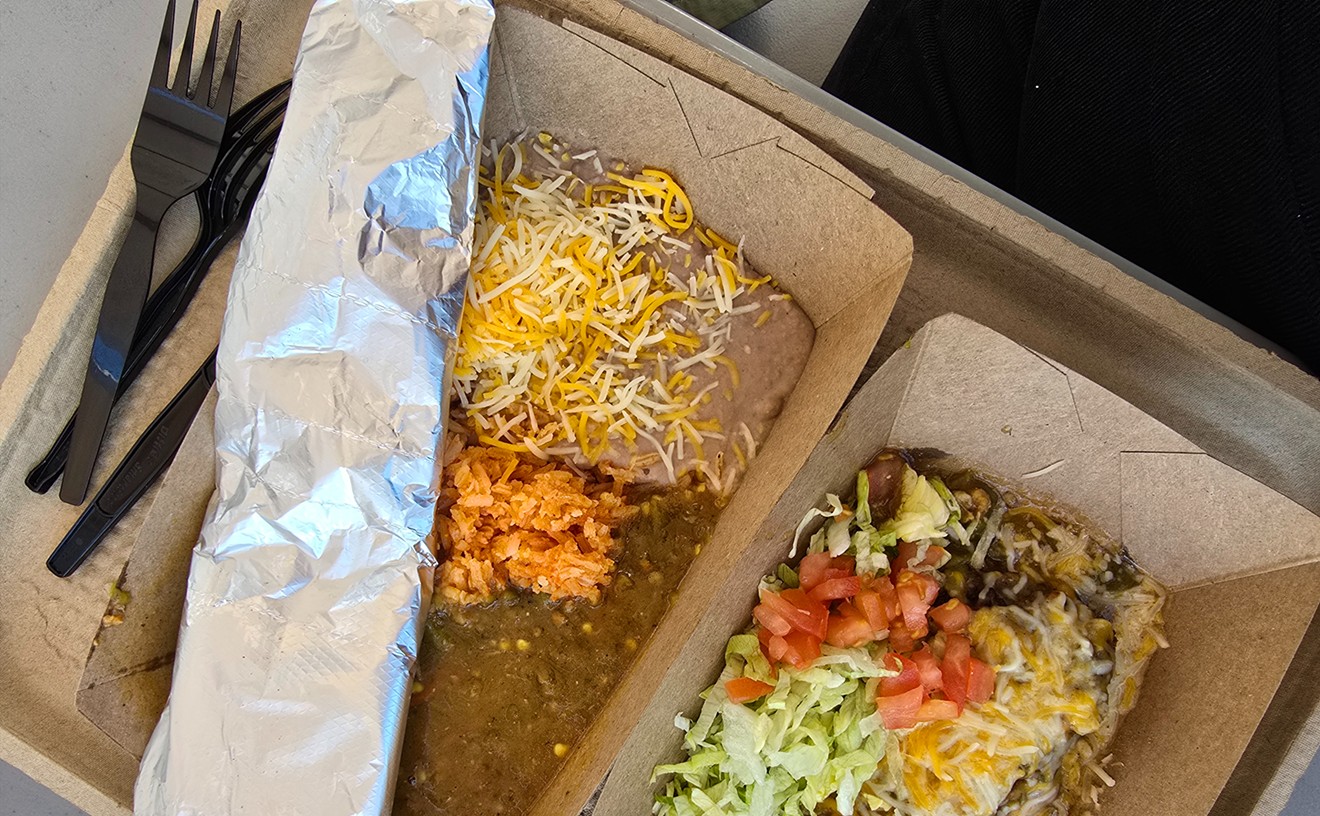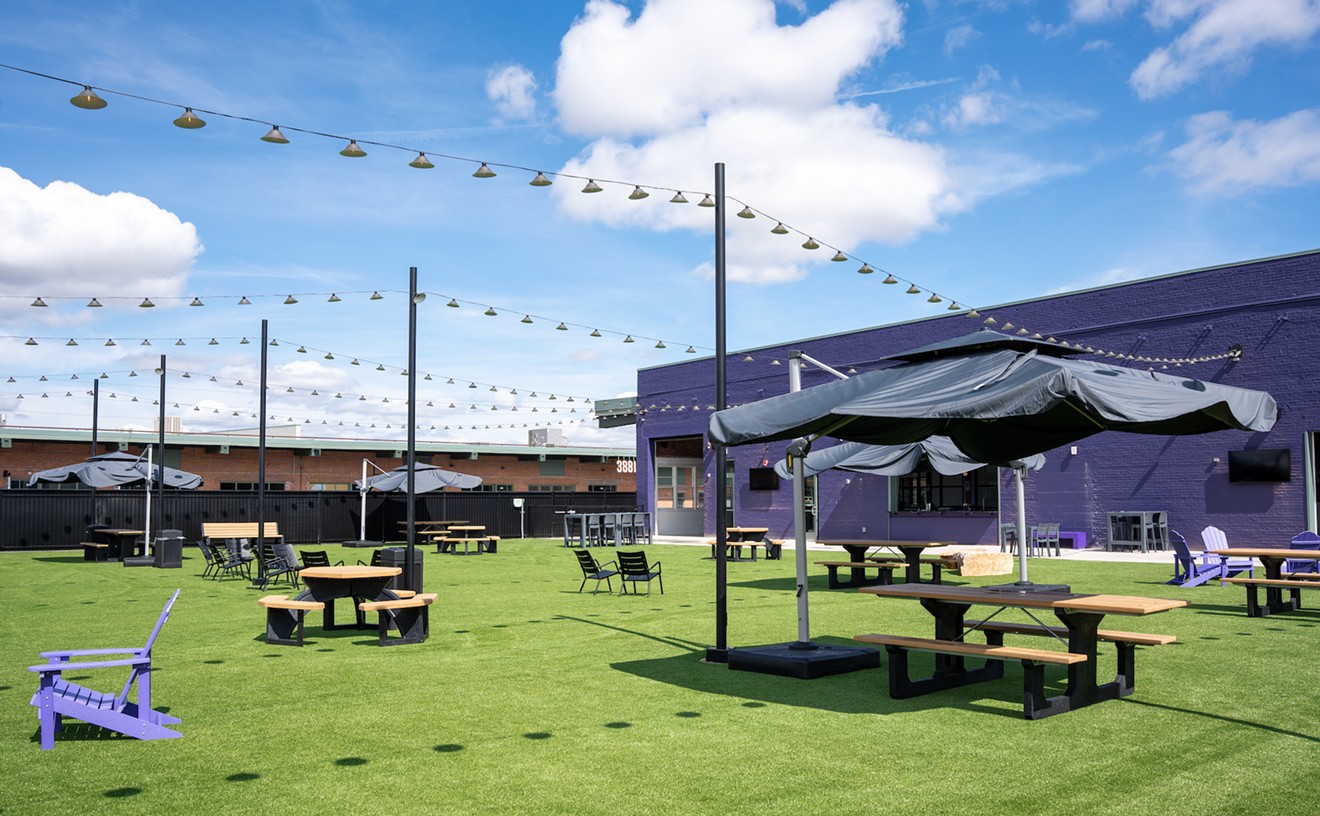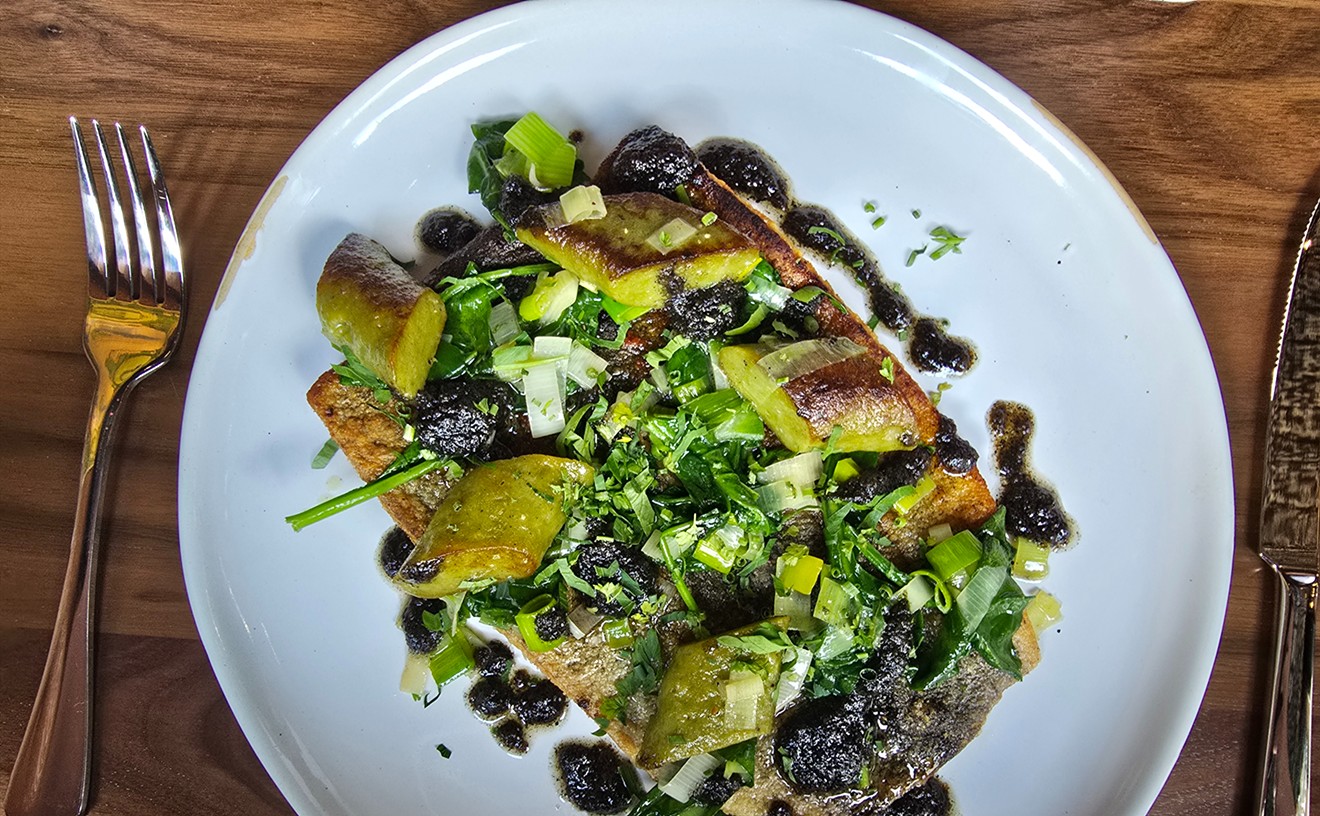More than ten years ago, the intersection of food and important social causes drew Kathryn Ardoin to work in local food systems. She’s now the chief executive officer of Common Harvest Colorado, which she co-founded with chief operations officer Alvin Goodman and chief relationships officer Jen O'Neal. The new woman-, queer- and trans-owned food hub aims to make local food equitable, accessible, and affordable to all Coloradans.
“When we're talking about food, we're talking about land rights, climate, racial justice, economic justice — the list goes on. It connects to everything because everybody eats,” comments O'Neal.
She adds, “What we need is a full systems change. The way our food system is designed in the United States, and globally, is something that is working toward corporate interests as opposed to good people and the planet.”
Similar to CSA (community supported agriculture) shares, food hubs support the local economy and local agricultural businesses. Common Harvest Colorado has over fifty partners, most of which are based along the Front Range. However, it also works with companies throughout Colorado, plus a few out-of-state operations “to fill in some of those seasonal gaps," O'Neal says.
The food hub places a special emphasis on farmers, ranchers and producers that are “socially disadvantaged,” a term used by the USDA for “those belonging to groups that have been subject to racial or ethnic prejudice,” including BIPOC individuals and women.
Food sovereignty, which allows a community to have a significant say in how its local food system functions, is another driving force behind Common Harvest Colorado. While its online catalogue can be filtered by socially disadvantaged partners, organic production and other attributes, the food hub is more about transparency — not dictating consumer purchases.
“We don't want to say, ‘Here are the farmers you need to work with because they grow in this particular way’ or anything else. [We want] to allow the community to have access to the knowledge they need to make decisions from the basis of their values,” explains O'Neal.
How its partners address environmental concerns like water conservation and soil regeneration, ethics in animal husbandry and worker dignity are discussed on Common Harvest Colorado’s website. Direct contacts for each producer are also made available to purchasers.
“When we're talking about food, we're talking about land rights, climate, racial justice, economic justice — the list goes on. It connects to everything because everybody eats,” comments O'Neal.
She adds, “What we need is a full systems change. The way our food system is designed in the United States, and globally, is something that is working toward corporate interests as opposed to good people and the planet.”
Similar to CSA (community supported agriculture) shares, food hubs support the local economy and local agricultural businesses. Common Harvest Colorado has over fifty partners, most of which are based along the Front Range. However, it also works with companies throughout Colorado, plus a few out-of-state operations “to fill in some of those seasonal gaps," O'Neal says.
The food hub places a special emphasis on farmers, ranchers and producers that are “socially disadvantaged,” a term used by the USDA for “those belonging to groups that have been subject to racial or ethnic prejudice,” including BIPOC individuals and women.
Food sovereignty, which allows a community to have a significant say in how its local food system functions, is another driving force behind Common Harvest Colorado. While its online catalogue can be filtered by socially disadvantaged partners, organic production and other attributes, the food hub is more about transparency — not dictating consumer purchases.
“We don't want to say, ‘Here are the farmers you need to work with because they grow in this particular way’ or anything else. [We want] to allow the community to have access to the knowledge they need to make decisions from the basis of their values,” explains O'Neal.
How its partners address environmental concerns like water conservation and soil regeneration, ethics in animal husbandry and worker dignity are discussed on Common Harvest Colorado’s website. Direct contacts for each producer are also made available to purchasers.
According to Goodman, wholesale distribution to restaurants, catering companies and food-access nonprofits make up the bulk of transactions. He says that in the future, Common Harvest Colorado also hopes to serve schools, grocery stores and independent retailers along the Front Range, spanning from Fort Collins to towns south of Colorado Springs.
Additionally, individuals can purchase produce, pantry items, proteins and other goods from Common Harvest Colorado at two local farmers' markets: Thornton’s Healthy Farmers Market, at 11151 Colorado Boulevard, hosted every Tuesday from 9 a.m. to noon through October 1; and the Huerta Urbana Farmers Market, which takes place every Friday from 2 to 5 p.m. at 2501 East 48th Avenue in the Globeville/Elyria-Swansea neighborhoods through October 26.
Goodman explains that these particular markets are “food access-centered, so folks who are on SNAP or the WIC farmers market nutrition program, or senior citizens, can receive funds to buy fresh produce.”
To further accessibility, the food hub also recently launched a CSA-style box that allows individuals to register online and receive a bi-weekly package of Colorado-grown fruits and vegetables. Both home delivery and pickup from several locations across the Denver metro area are currently available.
The fresh food boxes cost $132 for a half-season of four weeks and $268 for a full season of eight weeks, while single boxes are priced at $35 — which differs from many CSA programs. Oftentimes when joining a CSA, you must pre-purchase a farm’s share before the start of the season. The cost can be in the hundreds of dollars, which is prohibitive for some.
"We really want to make things as equitable and easy as possible for a whole array of customer sectors," Goodman concludes.
Additionally, individuals can purchase produce, pantry items, proteins and other goods from Common Harvest Colorado at two local farmers' markets: Thornton’s Healthy Farmers Market, at 11151 Colorado Boulevard, hosted every Tuesday from 9 a.m. to noon through October 1; and the Huerta Urbana Farmers Market, which takes place every Friday from 2 to 5 p.m. at 2501 East 48th Avenue in the Globeville/Elyria-Swansea neighborhoods through October 26.
Goodman explains that these particular markets are “food access-centered, so folks who are on SNAP or the WIC farmers market nutrition program, or senior citizens, can receive funds to buy fresh produce.”
To further accessibility, the food hub also recently launched a CSA-style box that allows individuals to register online and receive a bi-weekly package of Colorado-grown fruits and vegetables. Both home delivery and pickup from several locations across the Denver metro area are currently available.
The fresh food boxes cost $132 for a half-season of four weeks and $268 for a full season of eight weeks, while single boxes are priced at $35 — which differs from many CSA programs. Oftentimes when joining a CSA, you must pre-purchase a farm’s share before the start of the season. The cost can be in the hundreds of dollars, which is prohibitive for some.
"We really want to make things as equitable and easy as possible for a whole array of customer sectors," Goodman concludes.













